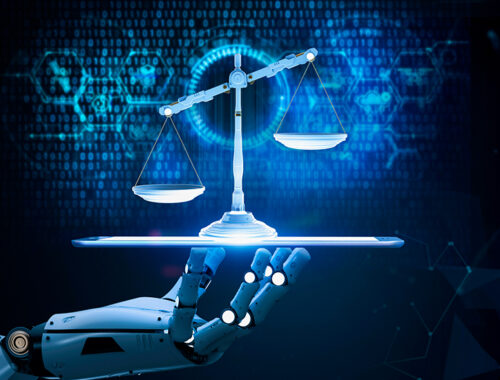Blog

Are you feeding your AI model properly?
Although the AI Act (Regulation 2024/1689) does not regulate copyright, it does recognize the existing tension between technology providers and content creators. Seeking a balance between these two forces, it provides for the implementation of opt-out mechanisms allowing the owners of protected works to stop them being used to train AI models, while also allowing […]

Exhaustion of trademark rights: is it all a question of proof?
In the field of industrial property, few questions generate as many disputes as the conflict between the exclusive rights of the proprietor of a trademark and the activities engaged in by so-called “parallel importers”. In this scenario, the crucial aspect is not so much the authenticity of the product, as the legitimacy of its marketing […]

Dupe influencers and the shadow of infringement: who is accountable?
“Dupe fever” has taken over social media, but it has also raised legal alarms. Influencers who promote low-cost products that try to resemble those of major luxury brands without mentioning the name of those brands or advertising agreements, are posing new legal challenges. Where can we draw the line between legitimate inspiration and unfair competition? […]

The Complex Protection of New Pharmaceutical Products in Mexico
The absence of specific regulations makes it difficult to defend the exclusivity period granted to pharmaceutical companies over the clinical trial results that allow new drugs to be brought to market. Pharmaceutical companies operating in Europe and the United States are very familiar with the concept of regulatory data exclusivity, which the European Medicines Agency […]

Game of Thrones defends its throne against Game of Döner: dragons, key piece
Reputable trademarks enjoy enhanced protection to prevent third parties from taking undue advantage of that reputation even if the services or products are not similar. The reason: to protect the investment made by trademark owners. But how far should this protection go? We analyze the case of Game of Thrones vs Game of Döner. We […]

The Glencairn glass: a case of protecting the shape and the trademark
The iconic Glencairn glass, the definitive whisky glass, will lose protection as a registered trademark this year. The EUIPO’s recent refusal to recognize its shape as a trademark underscores the difficulties involved in maintaining the legal exclusivity of products with timeless designs. The case reflects the limitations that currently exist in the protection of shapes […]
